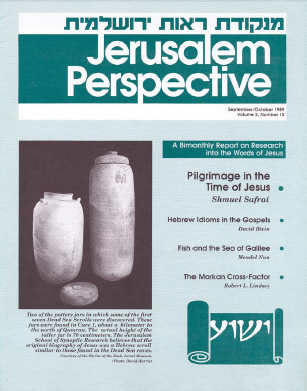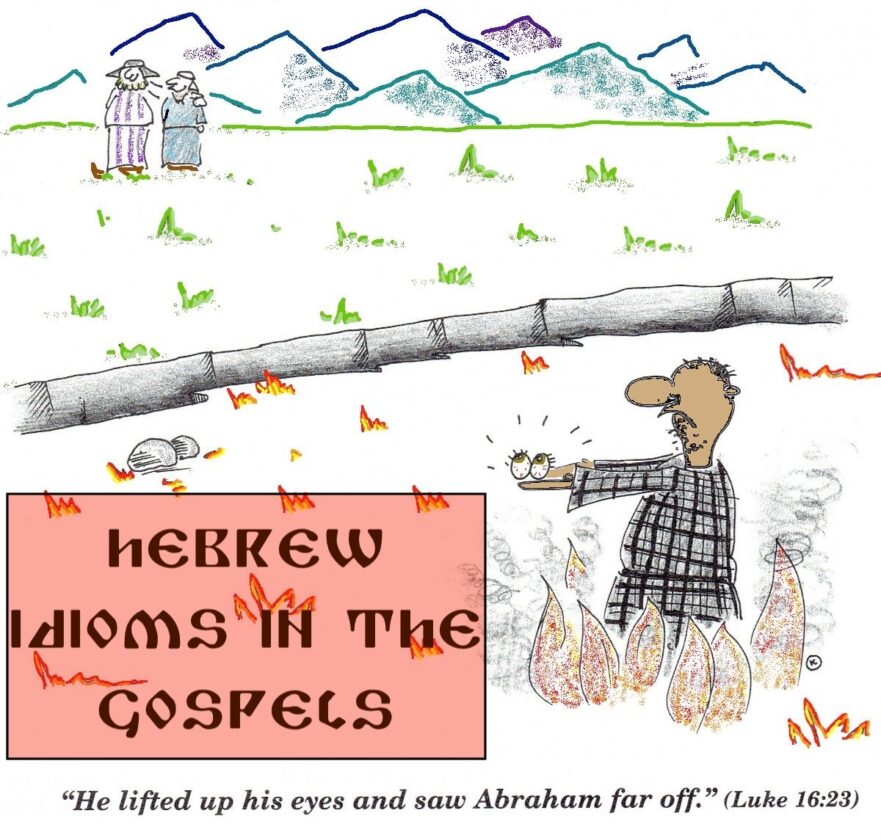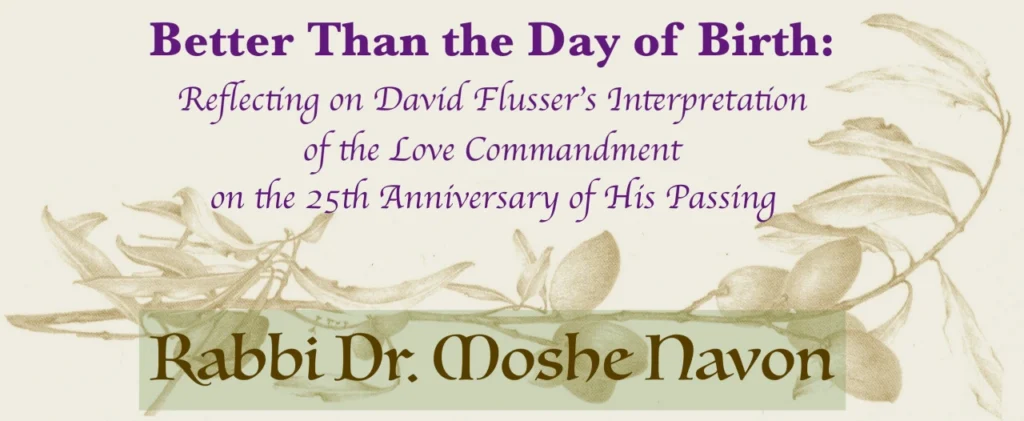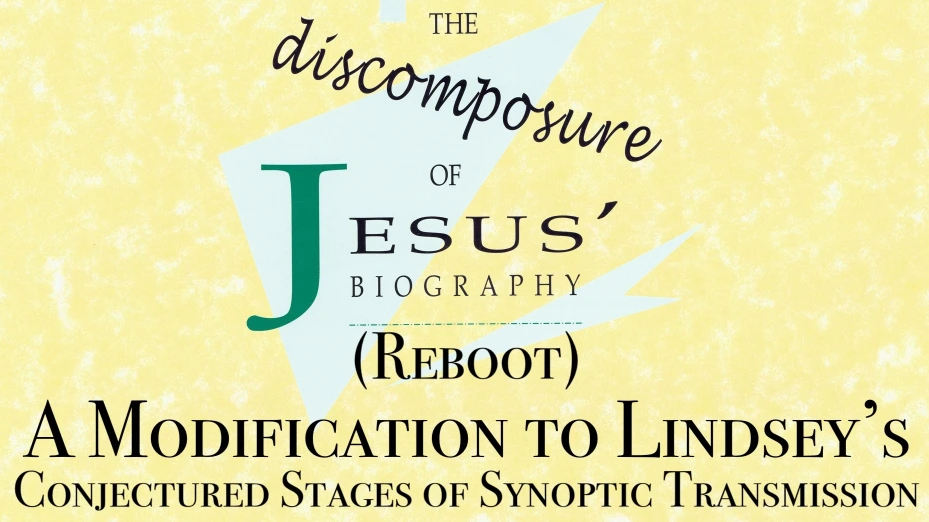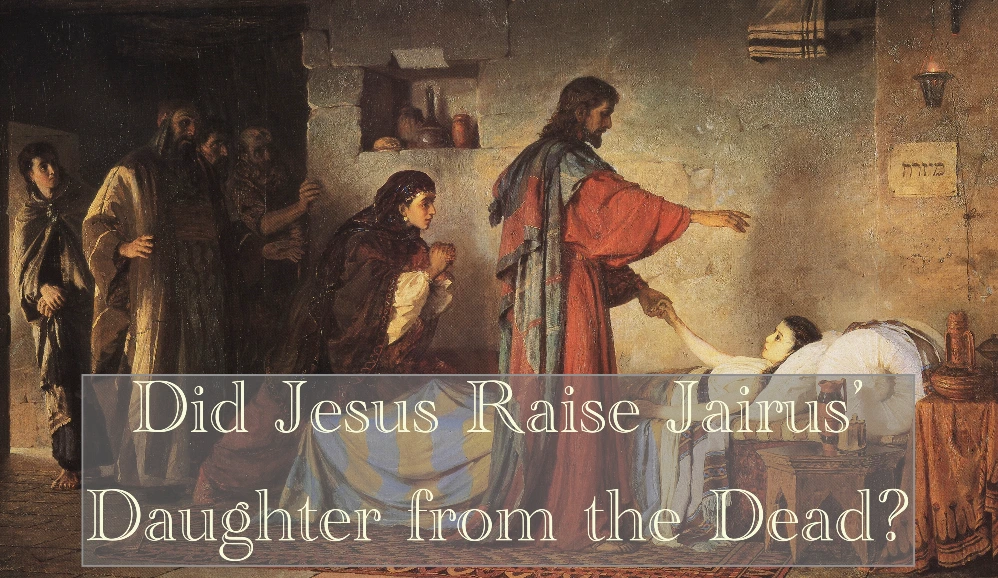Revised: 4 June 2015
There are many expressions in the Greek texts of Matthew, Mark and Luke that seem to derive from Hebrew idioms. These are phrases that mean something different from the literal meaning of their words. Every language has its own idioms, many of which seem strange when translated literally out of their native setting.
Think of such common English idioms as “hit the ceiling,” “kill time,” “eat one’s heart out,” “lose one’s head,” “be in hot water,” “throw in the towel,” and “kick the bucket.” A non-English speaker who heard these idioms translated literally into his or her language would probably find them amusing. However, if he or she did not suspect that they were literal translations of English idioms and took them at face value, the information the person received would be very misleading.
The Hebrew language has thousands of idioms. Modern Hebrew has fascinating idioms that developed from expressions found in Biblical Hebrew and Rabbinic Hebrew, for example: בְּאַרְבַּע עֵינַיִם (be‘arba enayim), literally, “with four eyes,” means face to face without the presence of a third person, as in, “The two men met with four eyes.” The idiom לֹא דֻּבִּים וְלֹא יַעַר (lo dubim velo ya’ar) is, literally, “[There are] neither bears nor forest,” but means that something is completely false. And the idiom טָמַן אֶת יָדוֹ בַּצַּלַּחַת (taman et yado batsalahat), literally, “buried his hand in the dish,” means that someone idled away his time. A translator faced with putting these idioms into another language such as English must be careful to find an equivalent idiom for each Hebrew expression. If the translator merely translates the idioms word for word, he or she will not end up with English, but Hebrew in English dress.
Paid Content
Premium Members and Friends of JP must be logged in to access this content: Login
If you do not have a paid subscription, please consider registering as a Premium Member starting at $10/month (paid monthly) or only $5/month (paid annually): Register
One Time Purchase Rather Than Membership
Rather than purchasing a membership subscription, you may purchase access to this single page for $1.99 USD. To purchase access we strongly encourage users to first register for a free account with JP (Register), which will make the process of accessing your purchase much simpler. Once you have registered you may login and purchase access to this page at this link:
For more on Gospel idioms, see:

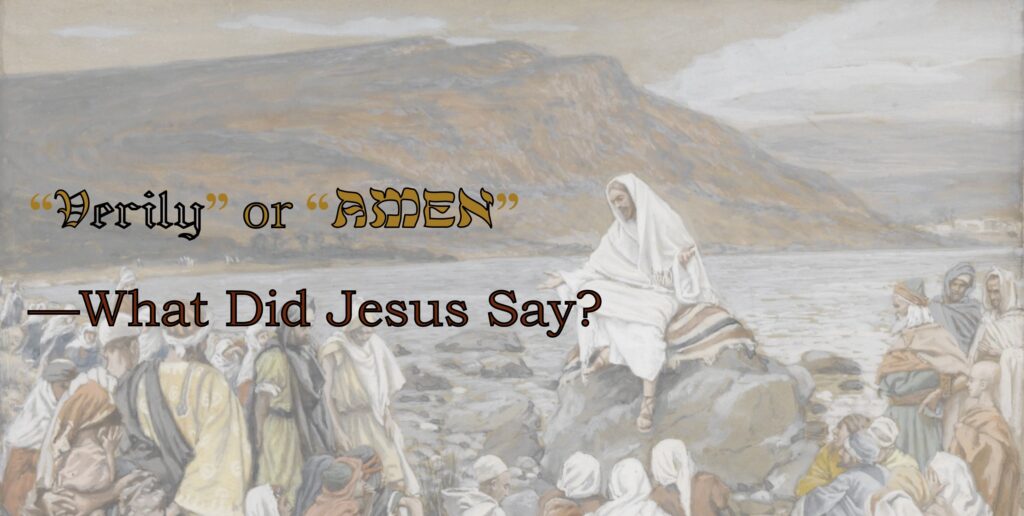

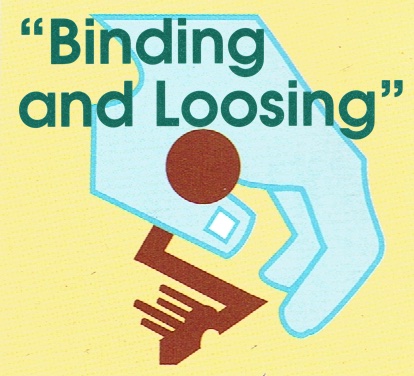


And check out these recent JP articles:
- Like Every Sparrow Falling: The Symbolism of Sparrows in a Saying of JesusThe multivalent image of the sparrow in ancient Jewish thought made it a useful vehicle for conveying messages about human and divine relationships.
- Better Than the Day of Birth: Reflecting on David Flusser’s Interpretation of the Love Commandment on the 25th Anniversary of His PassingI regard the twenty-fifth anniversary of David Flusser’s passing not solely as a day of loss, but also as the day that gave him to the world.
- 25 Years Since David Flusser’s PassingProfessor Serge Ruzer shares his recollections of Israeli scholar David Flusser on the twenty-fifth anniversary of his death.
- The Discomposure of Jesus’ Biography (Reboot): A Modification to Lindsey’s Conjectured Stages of Synoptic TransmissionHow did the Hebrew biography of Jesus disintegrate into the isolated pericopae that make up the Synoptic Gospels?
- Was the Hemorrhaging Woman Jesus Healed Named Rebekah?Is it possible to retrieve the name of the woman who touched Jesus’ tzitzit?
- Did Jesus Raise Jairus’ Daughter from the Dead?Should readers give more weight to the bystanders’ impressions or to the words Jesus said?
